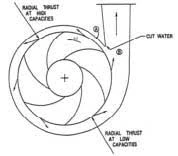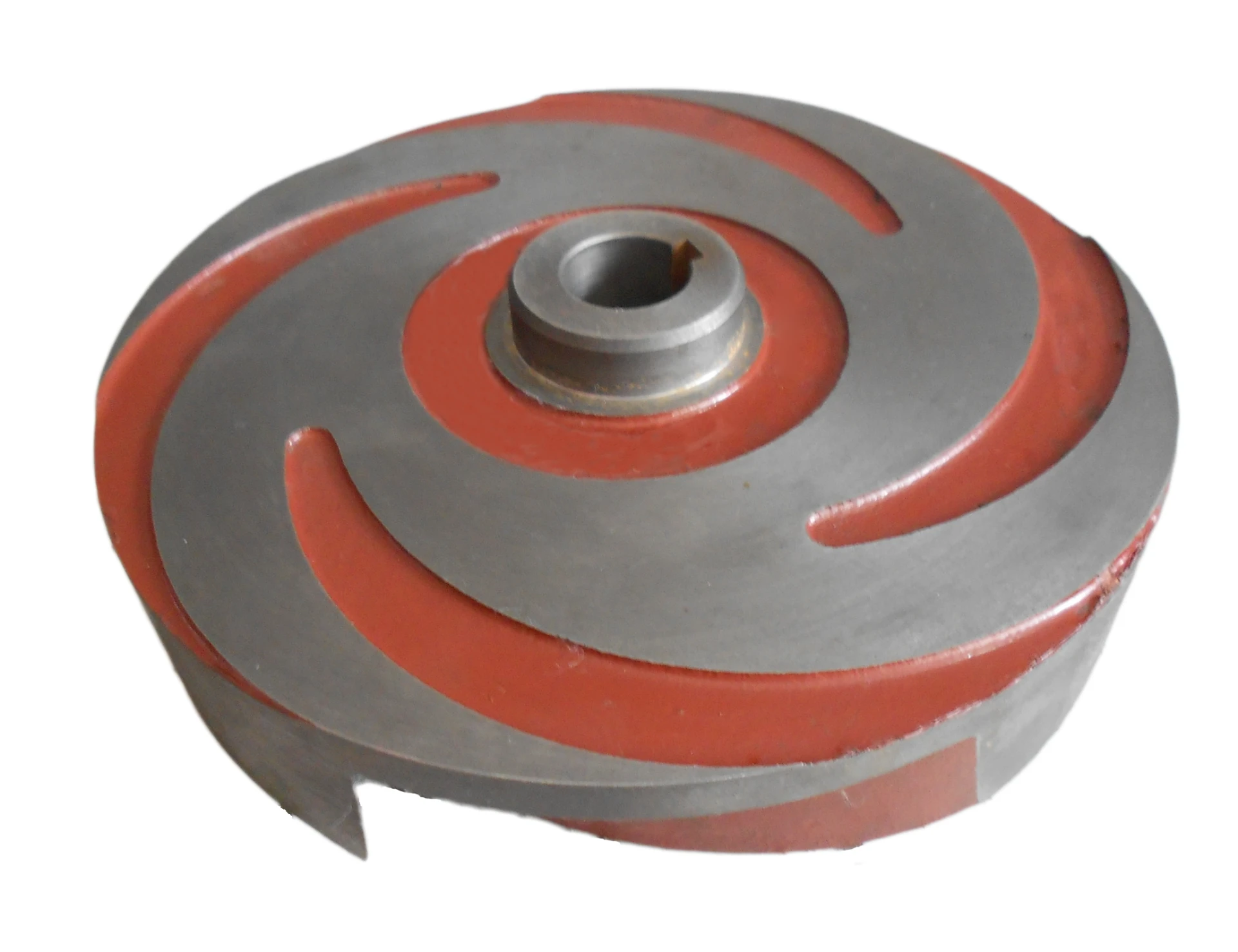Mobile:+86-311-808-126-83
Email:info@ydcastings.com
English
Feb . 20, 2025 09:53
Back to list
Deflector shell
In the competitive world of materials engineering, especially concerning corrosion-resistant alloys, CF8 and CF8M stainless steels often emerge as topics of interest. Their unique properties and applications make them indispensable for various industries, drawing attention for anyone involved in material selection or procurement processes.
In practice, the selection process requires a careful analysis of the working environment’s temperature, potential corrosive agents, and mechanical demands. While CF8 offers sufficient protection and durability in general conditions, CF8M provides the added assurance required for more demanding applications. For instance, while automotive valves made of CF8 suffice when no significant chemical exposure is expected, a chemical plant valve exposed to chloride-rich environments would benefit immensely from the resilience of CF8M. An engineer or procurement specialist's comprehensive understanding of these materials' properties and limitations ensures not only operational efficacy but also cost-efficiency. After all, the premature failure of a poorly selected material can lead to both safety hazards and unwanted financial implications. The transition from general knowledge to application extends the conversation to the broader impact of CF8 and CF8M in industrial innovation. Innovations in casting techniques and surface treatments continue to push the boundaries of these grades’ performance. As technology advances, the optimization of these materials through refining their microstructure or introducing surface coatings may further enhance their lifetime and functionality, potentially reducing manufacturing and operational costs while expanding application scopes. Furthermore, in the globalized market, the adherence to international standards like ASTM ensures that these materials meet consistent quality measures, thus fostering trust among global clients and suppliers. This consistency is critical, as it solidifies CF8 and CF8M's roles as foundational materials capable of meeting diverse and challenging industrial needs. In sum, CF8 and CF8M are more than just designations in the casting alloy spectrum. Their specific functionalities and adaptability embody the broader dialogue on material science, emphasizing the importance of material selection in engineering excellence. For professionals navigating this field, an expert grasp of CF8 and CF8M’s attributes enhances decision-making, ultimately leading to effective, sustainable, and reliable industrial outcomes that stand the test of time and elements.


In practice, the selection process requires a careful analysis of the working environment’s temperature, potential corrosive agents, and mechanical demands. While CF8 offers sufficient protection and durability in general conditions, CF8M provides the added assurance required for more demanding applications. For instance, while automotive valves made of CF8 suffice when no significant chemical exposure is expected, a chemical plant valve exposed to chloride-rich environments would benefit immensely from the resilience of CF8M. An engineer or procurement specialist's comprehensive understanding of these materials' properties and limitations ensures not only operational efficacy but also cost-efficiency. After all, the premature failure of a poorly selected material can lead to both safety hazards and unwanted financial implications. The transition from general knowledge to application extends the conversation to the broader impact of CF8 and CF8M in industrial innovation. Innovations in casting techniques and surface treatments continue to push the boundaries of these grades’ performance. As technology advances, the optimization of these materials through refining their microstructure or introducing surface coatings may further enhance their lifetime and functionality, potentially reducing manufacturing and operational costs while expanding application scopes. Furthermore, in the globalized market, the adherence to international standards like ASTM ensures that these materials meet consistent quality measures, thus fostering trust among global clients and suppliers. This consistency is critical, as it solidifies CF8 and CF8M's roles as foundational materials capable of meeting diverse and challenging industrial needs. In sum, CF8 and CF8M are more than just designations in the casting alloy spectrum. Their specific functionalities and adaptability embody the broader dialogue on material science, emphasizing the importance of material selection in engineering excellence. For professionals navigating this field, an expert grasp of CF8 and CF8M’s attributes enhances decision-making, ultimately leading to effective, sustainable, and reliable industrial outcomes that stand the test of time and elements.
Next:
Latest news
-
Materials Used in Manufacturing Cap End Pipe FittingsNewsNov.24,2025
-
Material Properties of CF8M CastingNewsNov.24,2025
-
How to Inspect Pump Cap Ends for DamageNewsNov.21,2025
-
Backward Curved Impeller – Efficient Airflow Solutions for Industry | YD CastingsNewsNov.21,2025
-
Automobile Water Pump - Efficient, Quiet, Durable & ElectricNewsNov.21,2025
-
Impeller for Pumps – High-Efficiency, Durable, OEM-ReadyNewsNov.21,2025
Related PRODUCTS











